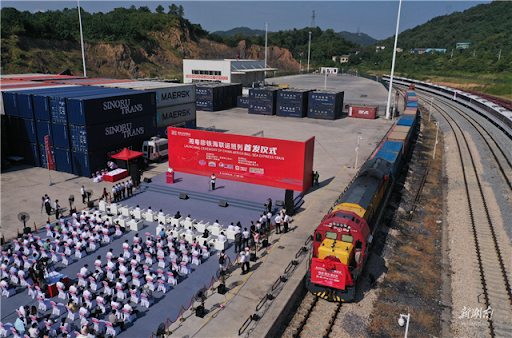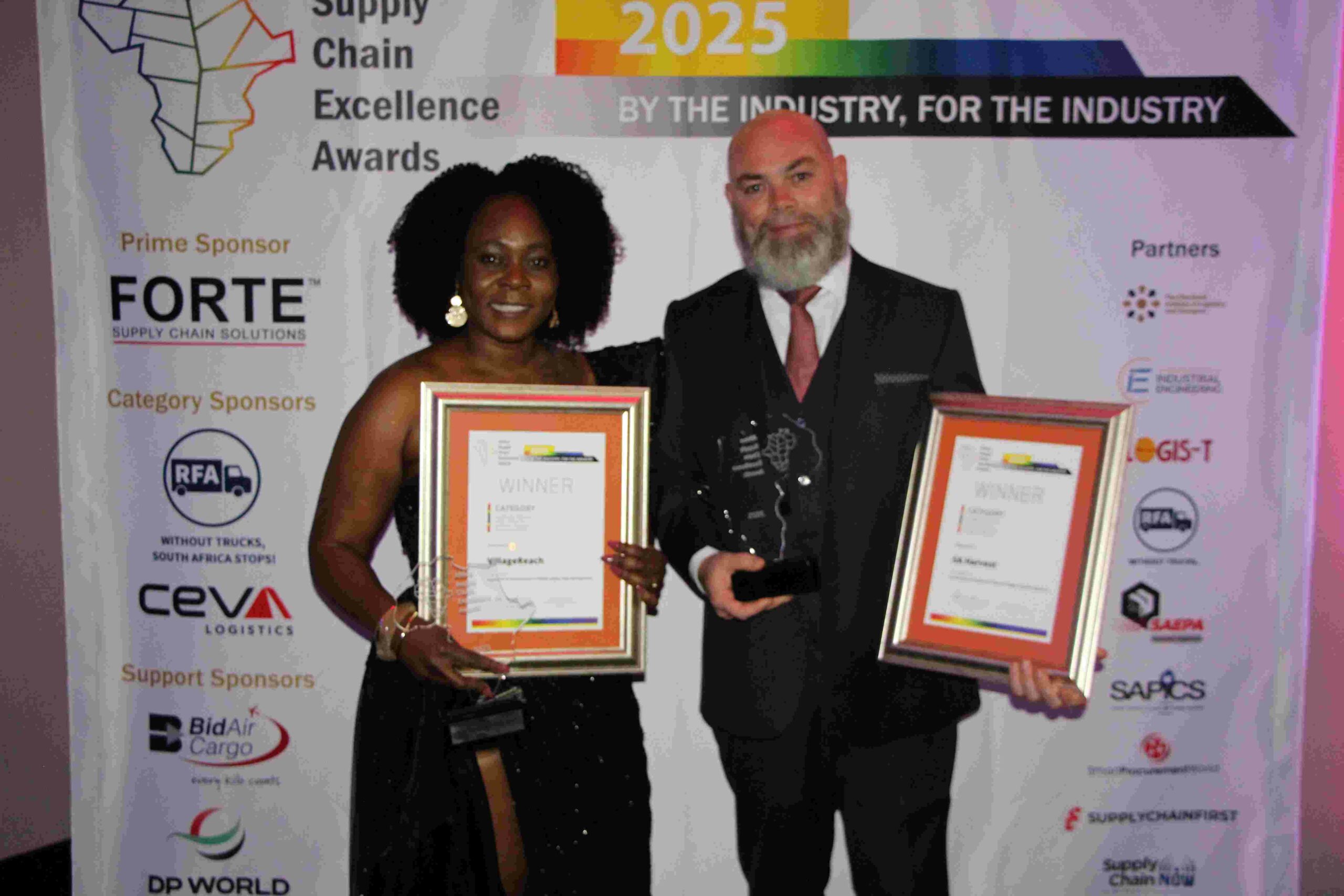TO SAVE LIVES, WE MUST TRAIN THE PEOPLE WHO MOVE THE MEDICINE, SUPPLY CHAIN INDUSTRY BODY STRESSES

Efficient, effective healthcare doesn’t just depend on hospitals and doctors, it depends on supply chains.
From life-saving medicines to vaccines, surgical gloves and diagnostic tools, nothing reaches patients without a strong, resilient supply chain. But a supply chain is only as good as the people who manage it, and too often, the vital link of skilled human capital is missing, according to supply chain industry body SAPICS.
“Poor supply chains in low to middle income countries are the reason that one third of the world’s population lacks access to medicines,” says SAPICS president Thato Moloi. “Healthcare in developing African countries is being jeopardised because pharmacists, for example, must often take on the job of supply chain planning, including understanding minimum order quantities, demand signals and planning, and inventory management. Having to take on these responsibilities as well as their duties as a pharmacist who must get the right medicines out to patients in need, can result in write-offs and life-threatening shortages. From forecasting and procurement to warehousing and last-mile delivery, each link in the chain requires trained personnel who can manage complexity, adapt quickly and use data to make informed decisions. Many low and middle income countries face acute shortages of such talent and rely on overstretched health workers without specialised supply chain training,” he expands.
Moloi asserts that in 2025, amid funding challenges and shifting global trade dynamics that are impacting the availability of lifesaving medicines and healthcare commodities, the need for skilled, knowledgeable, suitably qualified supply chain professionals in the healthcare sector has never been greater. Recognising the imperative to strengthen healthcare supply chains in Africa, SAPICS urges everyone working in or connected to healthcare supply chains to attend its upcoming annual conference in Cape Town. Now in its 47th year, this conference is the leading event in Africa for supply chain professionals and is one of the platforms that not-for-profit organisation SAPICS is using to elevate, educate and empower the supply chain community across Africa.
“All of the compelling presentations, inspiring case studies and practical workshops are relevant to supply chain managers across all sectors, including healthcare. In addition, there are healthcare focused sessions,” Moloi explains.
Esther Ndichu, a TED Talk and supply chain expert, will share the important work that People that Deliver is doing with the private sector, to address workforce challenges in low and middle income countries through leadership and collaboration. “People That Deliver” (PtD) is a global partnership of organisations focused on professionalising the health supply chain workforce.
A presentation entitled “Prescription for Progress” explores how sales and operations planning innovations can be deployed by African medicine manufacturers, African suppliers and even government supply chains to drive efficiency, resilience and, crucially, contribute to continental self-reliance for medicines supply.
The state of outsourcing in public health supply chains in Africa will be examined in another SAPICS presentation this year. This discussion will share insights and learnings from the adoption of outsourcing for transporting health products across over 10 countries. Its aim is to foster dialogue on strategies to accelerate outsourcing adoption and improve the sustainability of public health supply chains in Africa as well as highlighting the vital role of the private sector in enhancing efficiency.
An important discussion that will take place at the conference is the historically slower adoption of innovation in health supply chains and how to change this – particularly in light of the funding cuts. This will explore challenges like risk aversion due to patient safety concerns, the weight of stringent regulations and compliance, legacy infrastructure and fragmented systems.
In an exciting and dynamic session to close out the 2025 SAPICS Conference delegates will be treated to speed-dating supply chain style with an interactive session on the important topic of “Buying Better” and how to improve upstream procurement between buyers and sellers to drive integrated, affordable access to quality medicines and health products.
The SAPICS Conference takes place in Cape Town from 8 to 11 June 2025. To find out more or to register to attend, contact event organiser Upavon Management by emailing info@upavon.co.za or calling +27 11 023 6701
ABOUT SAPICS: http://www.sapics.org
Since 1966, SAPICS has worked to elevate, educate and empower the community of supply chain professionals in South Africa and across the continent. This is done via membership, events, the annual conference and education courses and workshops through Authorised Education Providers and others.
SAPICS is registered in South Africa as a not-for-profit company. Its mandate is to ensure that any profits made are used towards the continual development and overall benefit of individuals and organisations in the supply chain management profession.
The annual SAPICS Conference is the leading event in Africa for supply chain professionals and is now in its 47th year. The 2025 SAPICS Conference takes place in Cape Town from 8 to 11 June 2025.





